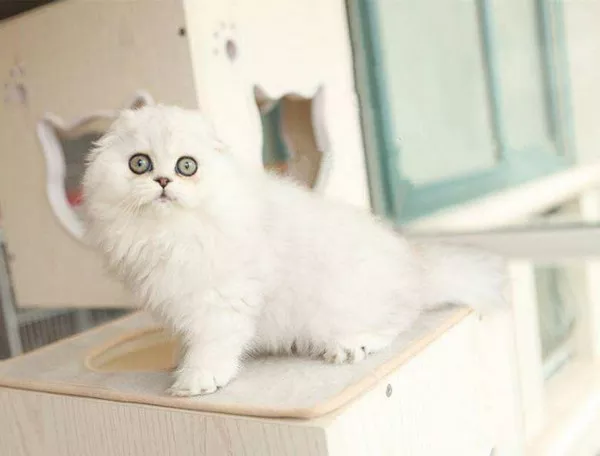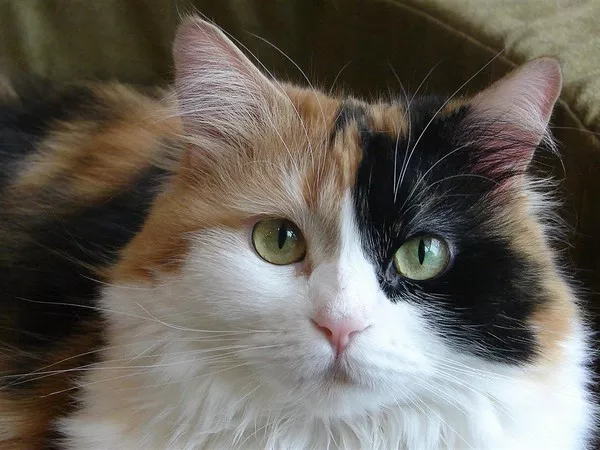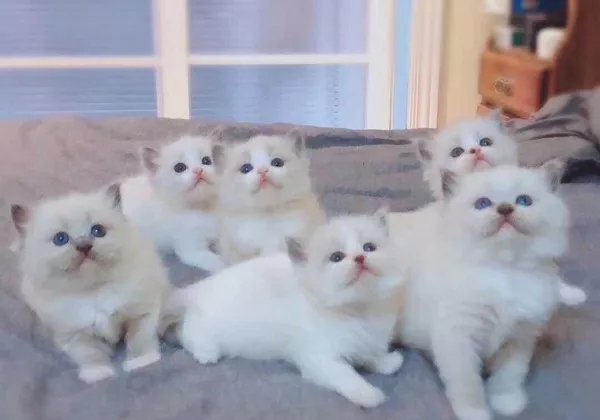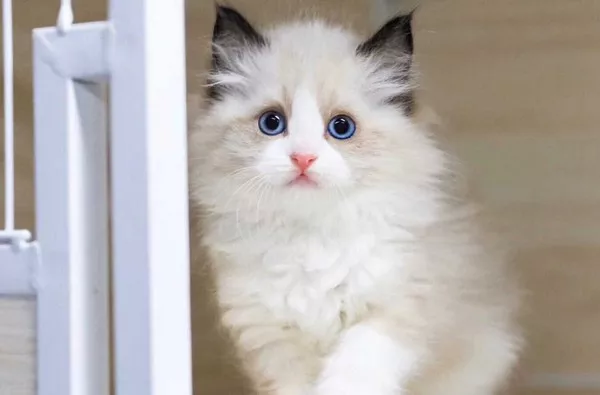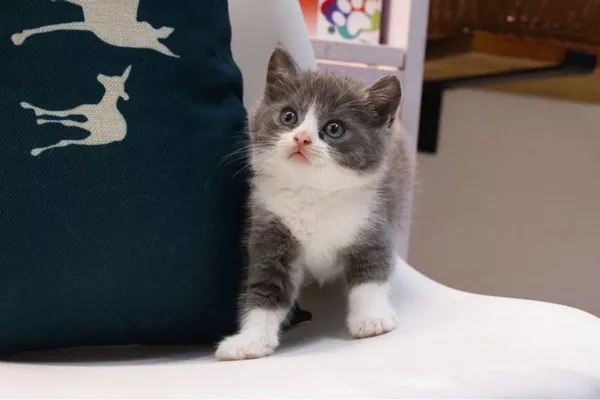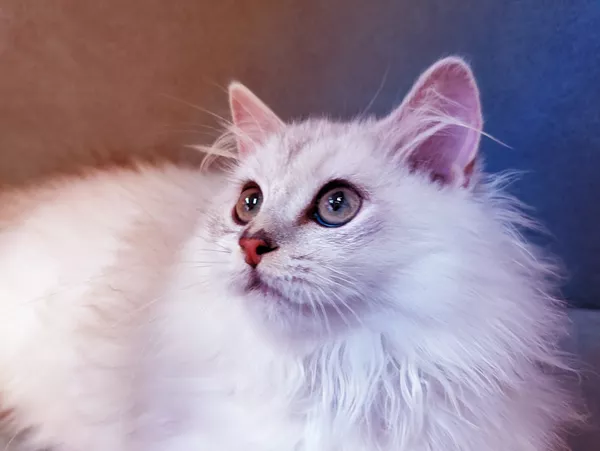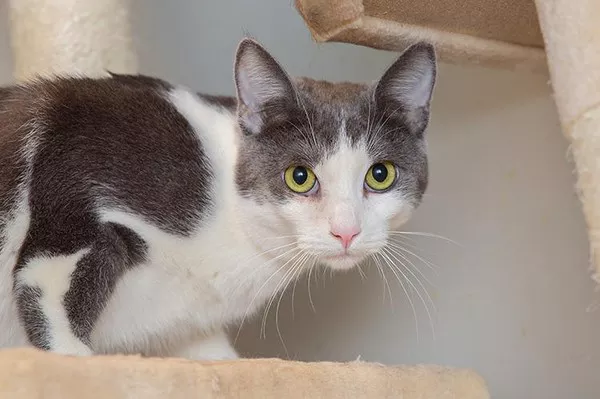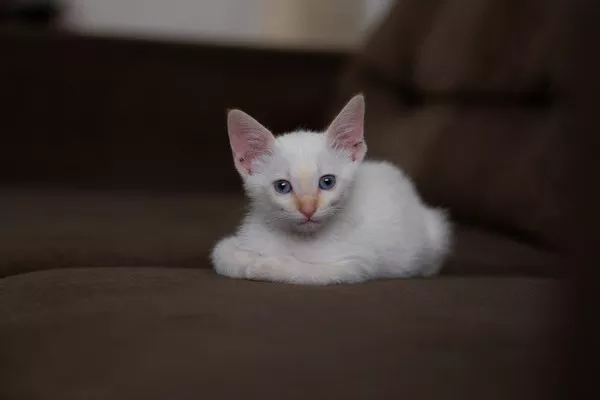British Shorthairs are a popular breed of cat, known for their plush coats and laid-back personalities. If you have recently added one of these delightful felines to your family, you may be wondering what you should be feeding them to keep them healthy and happy. In this article, we’ll take a closer look at the nutritional needs of British Shorthairs and offer some tips on how to keep them well-fed and nourished.
Understanding Your British Shorthair’s Nutritional Needs
Like all cats, British Shorthairs are obligate carnivores, which means that they require a diet that is high in animal protein. In the wild, cats get their protein from hunting and eating small animals like rodents, birds, and insects. Domesticated cats, on the other hand, rely on their owners to provide them with a nutritionally complete and balanced diet.
When it comes to feeding your British Shorthair, it’s important to choose a food that is specifically formulated for cats. Look for a high-quality commercial cat food that lists a named source of animal protein, such as chicken, turkey, or fish, as the first ingredient. Avoid foods that contain meat by-products, fillers, or artificial preservatives, as these can be difficult for cats to digest and may cause health problems over time.
Another important consideration when choosing a cat food for your British Shorthair is the macronutrient balance. Cats require a diet that is high in protein, moderate in fat, and low in carbohydrates. Look for a food that contains at least 30% protein, 15-20% fat, and no more than 10% carbohydrates. You can also opt for a raw or homemade diet, but it’s important to work with a veterinary nutritionist to ensure that your cat’s diet is nutritionally complete and balanced.
Feeding Your British Shorthair
Once you have chosen a high-quality cat food for your British Shorthair, it’s important to establish a feeding routine. Cats are creatures of habit and thrive on routine, so try to feed your cat at the same time every day. Most cats do well with two meals a day, but you can adjust the frequency and portion sizes based on your cat’s individual needs.
When it comes to portion sizes, it’s important to pay attention to your cat’s body condition. British Shorthairs are prone to obesity, so it’s important to feed them an appropriate amount of food to maintain a healthy weight. Use a measuring cup to portion out your cat’s food, and adjust the amount based on their body condition score. If your cat is overweight, you may need to reduce the portion size or switch to a weight management formula.
In addition to their regular meals, you may want to offer your British Shorthair some treats or snacks throughout the day. However, it’s important to choose treats that are nutritionally appropriate and limit them to no more than 10% of your cat’s daily calorie intake. Look for treats that are high in protein and low in carbohydrates, and avoid those that are high in fat, sugar, or artificial additives.
Special Considerations for British Shorthairs
In addition to their basic nutritional needs, there are some special considerations to keep in mind when feeding British Shorthairs. These cats are prone to urinary tract problems, so it’s important to feed them a diet that is low in magnesium and promotes urinary tract health. Look for cat foods that are labeled as “urinary tract health” or “low magnesium” and avoid those that contain ash or other ingredients that can contribute to urinary tract problems.
Another consideration for British Shorthairs is their dental health. These cats have a tendency to develop dental problems, such as tartar buildup and gum disease. To promote good dental health, consider offering your cat dental treats or toys that help clean their teeth, such as dental chews or toys designed for chewing. You can also brush your cat’s teeth regularly using a special toothbrush and toothpaste formulated for cats.
Finally, it’s important to provide your British Shorthair with plenty of fresh, clean water. Cats are notoriously finicky about their water, so make sure that you provide them with a clean water source at all times. Consider using a pet fountain or providing several water dishes throughout your home to encourage your cat to drink more water.
Feeding your British Shorthair a nutritionally complete and balanced diet is essential for their health and wellbeing. Choose a high-quality cat food that is specifically formulated for cats, and pay attention to the macronutrient balance and portion sizes. Consider offering your cat treats or snacks in moderation, and be mindful of their urinary tract and dental health. With a little bit of planning and care, you can ensure that your British Shorthair is well-fed and happy for years to come.




